Exodus - Following God into Freedom: Week 7
Opening Prayer:
Heavenly Father,
You are merciful and compassionate, and You hear the cries of Your people.
You act to rescue them.
Help us remember this in hard times, and help us hold on to the promise of Your goodness and kindness when the way seems dark.
You are - now and forever - the Good God.
In Jesus’ name,
Amen.
Key Scripture:
1 Now the Lord had said to Moses, “I will bring one more plague on Pharaoh and on Egypt. After that, he will let you go from here, and when he does, he will drive you out completely.
…
4 So Moses said, “This is what the Lord says: ‘About midnight I will go throughout Egypt. 5 Every firstborn son in Egypt will die, from the firstborn son of Pharaoh, who sits on the throne, to the firstborn son of the female slave, who is at her hand mill, and all the firstborn of the cattle as well. 6 There will be loud wailing throughout Egypt—worse than there has ever been or ever will be again. 7 But among the Israelites not a dog will bark at any person or animal.’ Then you will know that the Lord makes a distinction between Egypt and Israel. 8 All these officials of yours will come to me, bowing down before me and saying, ‘Go, you and all the people who follow you!’ After that I will leave.” Then Moses, hot with anger, left Pharaoh.
9 The Lord had said to Moses, “Pharaoh will refuse to listen to you—so that my wonders may be multiplied in Egypt.” 10 Moses and Aaron performed all these wonders before Pharaoh, but the Lord hardened Pharaoh’s heart, and he would not let the Israelites go out of his country.
Exodus 11:1;4-10
Sermon Summary:
Exodus tells the defining story of God’s people — the story where we learn God’s name (YHWH) and see His character in action. But the 10th plague, where every firstborn in Egypt dies, raises hard questions:
Is God cruel? Angry? Unjust?
When seen within the whole story, and from the perspective of those suffering under Pharoah’s oppression, this moment reveals good news about God — that He is “the compassionate and gracious God, slow to anger, abounding in love and faithfulness” (Exodus 34:6–7).
To begin to see that, it’s helpful for us to imagine two scenes:
Scene 1 – The beginning of the story (Exodus 1-7)
Imagine… a Hebrew woman, she lives under Pharaoh’s rule, terrified as her people are enslaved and their sons thrown into the Nile. Her prayers feel unanswered. When Moses appears claiming God will rescue them, she dares to hope — only to see Pharaoh grow harsher. Yet as the plagues unfold — the Nile turned to blood, frogs, boils, and darkness — she begins to sense that God truly sees and acts.
Scene 2 – The Scandal (Exodus 7-12)
What shocks this woman is not God’s judgement, but rather God’s mercy. Again and again, Pharaoh is warned and given chances to repent. God delays judgment, showing extraordinary patience even toward a tyrant, despite his cruelty toward her and her people. But when Pharaoh’s heart hardens beyond return, justice comes. The 10th plague is the final confrontation with evil — the moment Pharaoh finally experiences the full consequence of his rebellion.
And yet even then, God provides a way out (read Exodus 12); the blood of a lamb marks each home so that death “passes over”. Justice and mercy meet in that moment. Ultimately, this story points forward to Jesus, who brings a new Exodus. At the Last Supper, He took the Passover meal and revealed that He Himself would be both the firstborn son who dies for the world, and the lamb whose blood brings freedom and forgiveness.
God is Mercy and God is Justice. God is compassionate and gracious, slow to anger, abounding in love and faithfulness. While we may not be Pharaoh, we too can harden our hearts or contribute in small ways to the world’s brokenness. We are not our imagined Hebrew woman — yet we all need deliverance from sin and death. Jesus offers both — mercy for wrongdoers, and justice for the wronged.
Questions to Consider:
What part of the Exodus story challenges you the most?
How does seeing God’s mercy toward Pharaoh change your view of Him?
Where do you see both justice and mercy in the cross of Jesus?
What might it look like for you to “paint the door of your heart” with Jesus’ sacrifice — to live as someone set free?
Where in your life, community or the world do you long for God to bring deliverance?
Response:
Perhaps you’d like to end your time together with a time of confession and communion remembering that Jesus is our Passover Lamb — the one who brings freedom, justice, and peace.
A prayer of Confession: Adapted from the - Book of Common Prayer
Most Just and Merciful God,
we confess that we have sinned against You
in thought, word and deed,
by what we have done, and by what we have left undone.
We have not loved You with our whole heart;
we have not loved our neighbours as ourselves.
We are truly sorry and we humbly repent.
For the sake of your Son Jesus Christ,
have mercy on us and forgive us;
that we may delight in Your will, and walk in Your ways,
to the glory of Your Name.
Amen.
Prayer Prompts:
Pray for the peace process in Gaza and for the thousands of Palestinians returning home. Pray for justice and compassion to reign in this situation.
Additional Resources:
Further Study Resources:
Bible Project - Exodus Scroll
Bible Project - The Exodus Way
Find the full sermon recording here
For a printable version of this guide click here
